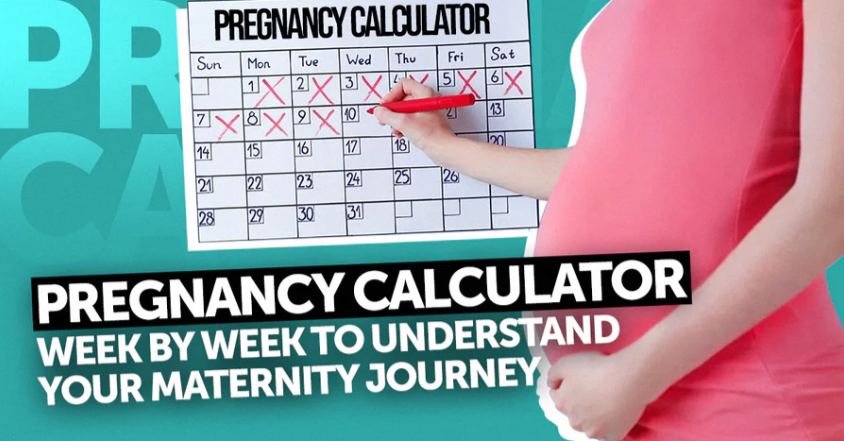
Keeping track of your menstrual cycle is important for understanding your body, planning pregnancy, or managing health conditions. A period and ovulation tracker helps you know when your period will start, when you’re most fertile, and how long your cycle is. In this guide, we’ll explain how to use a period and ovulation tracker the right way and why it matters.
What is a Period and Ovulation Tracker?
A period and ovulation tracker is a tool that helps record menstrual cycles, predict ovulation, and track symptoms. These trackers can be apps, calendars, or even simple notebooks where you note your period dates and other cycle-related details.
Benefits of Using a Tracker
-
Predicts Period Dates – Helps you know when your next period will start.
-
Tracks Ovulation – Useful for pregnancy planning or avoiding pregnancy.
-
Monitors Cycle Length – Identifies irregular periods or potential health issues.
-
Records Symptoms – Helps track mood swings, cramps, or hormonal changes.
-
Improves Health Awareness – Helps detect changes that may need medical attention.
How to Use a Period and Ovulation Tracker the Right Way
1. Choose the Right Tracker
There are many period and ovulation trackers available, such as apps, online tools, and paper calendars. If you prefer convenience, apps like Flo, Clue, or Ovia offer automatic predictions and reminders.
2. Start with Your Last Period Date
To get accurate predictions, enter the first day of your last period into the tracker. This helps the tool estimate your cycle length and next period date.
3. Record Your Cycle Length
Your cycle length is the number of days between the first day of one period and the first day of the next. A normal cycle is 28-35 days, but it may vary from person to person. Regular tracking will help you understand your unique cycle.
4. Track Ovulation Days
Ovulation usually happens about 14 days before your next period. This is when you’re most fertile. Many trackers highlight these days, which is helpful if you’re trying to conceive or avoid pregnancy.
5. Add Symptoms and Mood Changes
Tracking symptoms like cramps, bloating, headaches, or mood swings helps you understand your body’s patterns. Some trackers also allow you to record temperature, weight, and discharge changes for more accurate fertility tracking.
6. Use a Pregnancy Week Calculator by Due Date
If you’re trying to conceive and suspect pregnancy, you can use a Pregnancy Week Calculator by Due Date to know how far along you are. Simply enter your last period date or due date, and it will estimate your pregnancy week.
7. Set Reminders for Your Cycle
Many period tracker apps send notifications about your upcoming period, ovulation days, and even PMS symptoms. Setting reminders ensures you’re always prepared.
8. Be Consistent with Tracking
For the best results, track your period regularly. The more data you enter, the more accurate your predictions will be.
9. Look for Irregularities
If your cycle is too short, too long, or unpredictable, a tracker helps you notice these patterns. If irregularities continue for a few months, consult a doctor to rule out health issues.
10. Use It Alongside Other Health Tools
Your period tracker can be even more useful when combined with tools like a Pregnancy Week Calculator by Due Date, ovulation test kits, or fertility monitors. This gives you a complete picture of your reproductive health.
Common Mistakes to Avoid
-
Not Tracking Every Month – Skipping months makes predictions less accurate.
-
Ignoring Symptoms – Recording symptoms helps you understand hormonal changes.
-
Using the Tracker Only for Periods – Ovulation tracking is equally important.
-
Relying on the Tracker Alone for Pregnancy Prevention – Trackers help but are not foolproof for birth control.
Conclusion
A period and ovulation tracker is a simple yet powerful tool to help you stay informed about your reproductive health. Whether you’re planning a pregnancy, avoiding pregnancy, or just understanding your cycle, tracking regularly makes a big difference. Pairing your tracker with a Pregnancy Week Calculator by Due Date can also help if you’re expecting. Start tracking today and take control of your health with confidence!




Leave a Reply